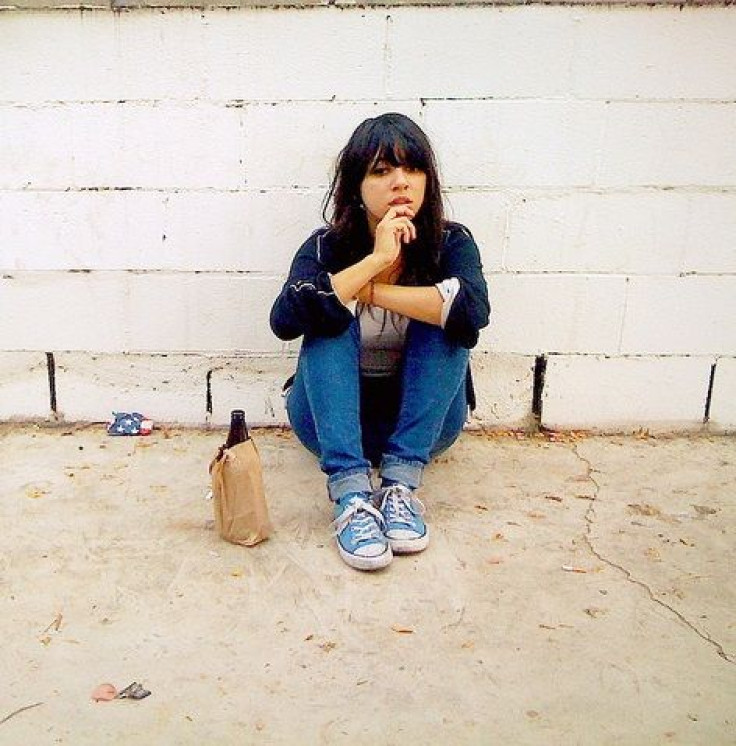Children With Half-Siblings More Likely To Engage In Drug Use And Sex Early In Life

Evidence has shown that there are some possible links between divorce and a child’s psychology, but few have looked into the effects of having a half-sibling. A new study has found that children exposed to a phenomenon known as multi-partnered fertility, which includes having a half-sibling, could lead to a higher chance of the oldest sibling using drugs and having sex by the time they turn 15.
“It’s not a new behavior, but it’s happening more often as more people are having children outside of marriage,” Karen Guzzo, assistant professor of sociology at Bowling Green State University, said in a press release.
For first-born children, multi-partnered fertility is the term given to the course of actions starting with a child’s parents divorcing. After the divorce, the child lives with their mother, and sees her develop a new relationship and eventually have another child, Guzzo said.
Read More: 'Cold Feet' Before Wedding Could Be Warning Sign for Divorce
Guzzo and her teammate Cassandra Dorius, an assistant professor of human development and family studies at Iowa State University, looked specifically at mothers and the effects of first-born children who had lived with their mothers for most of their lives. They took into account her educational background, family structure growing up, and whether the child experienced poverty at any point in time.
Other factors they looked at included the number of family transitions a child experienced and whether the mother ever married or lived with the child’s father or another partner.
They gathered their information about these children from the National Longitudinal Study of Youth, which interviewed over 9,000 children who were born from 1980-1984, and continued to be interviewed annually.
Read More: Divorce Early In A Child's Life Leads To Less Secure Relationships With Parents
The researchers found that children with a half sibling were 65 percent more likely than children with only full siblings to have used marijuana, uppers, inhalants, cocaine, crack, hallucinogens, sedatives, or other drugs before they turned 15 years old. These children were also 2.5 times more likely to have had sex by their 15th birthday.
Although Guzzo couldn’t determine the cause for these effects, evidence suggests that divorce could be detrimental to a child’s psychology. According to the American Psychological Association (APA), evidence has shown that children with divorced parents experience less financial security, lower academic achievement, higher rates of alcohol and cigarette use, and lower rates of employment. However, the association stresses that a child’s adjustment post-divorce depends entirely on a number of factors the parents provide, including parenting style, financial security, and the child’s age.
A study from earlier this year found that children in the UK who were exposed to divorce after the age of seven were more likely to have problems with their education. Researchers suggested that children younger than seven years old weren’t able to understand the implications of divorce as much as those who were older.
Guzzo says that future research will explore other factors, including maternal behaviors, father and stepfather involvement, and adolescent perceptions.
“We are also planning to look at whether this association holds for children other than first-born, who tend to experience the most instability,” she said in the press release.
Guzzo and Dorius will present their study, “Maternal Multipartnered Fertility and Adolescent Well-Being,” this week at the American Sociological Association’s annual meeting.



























